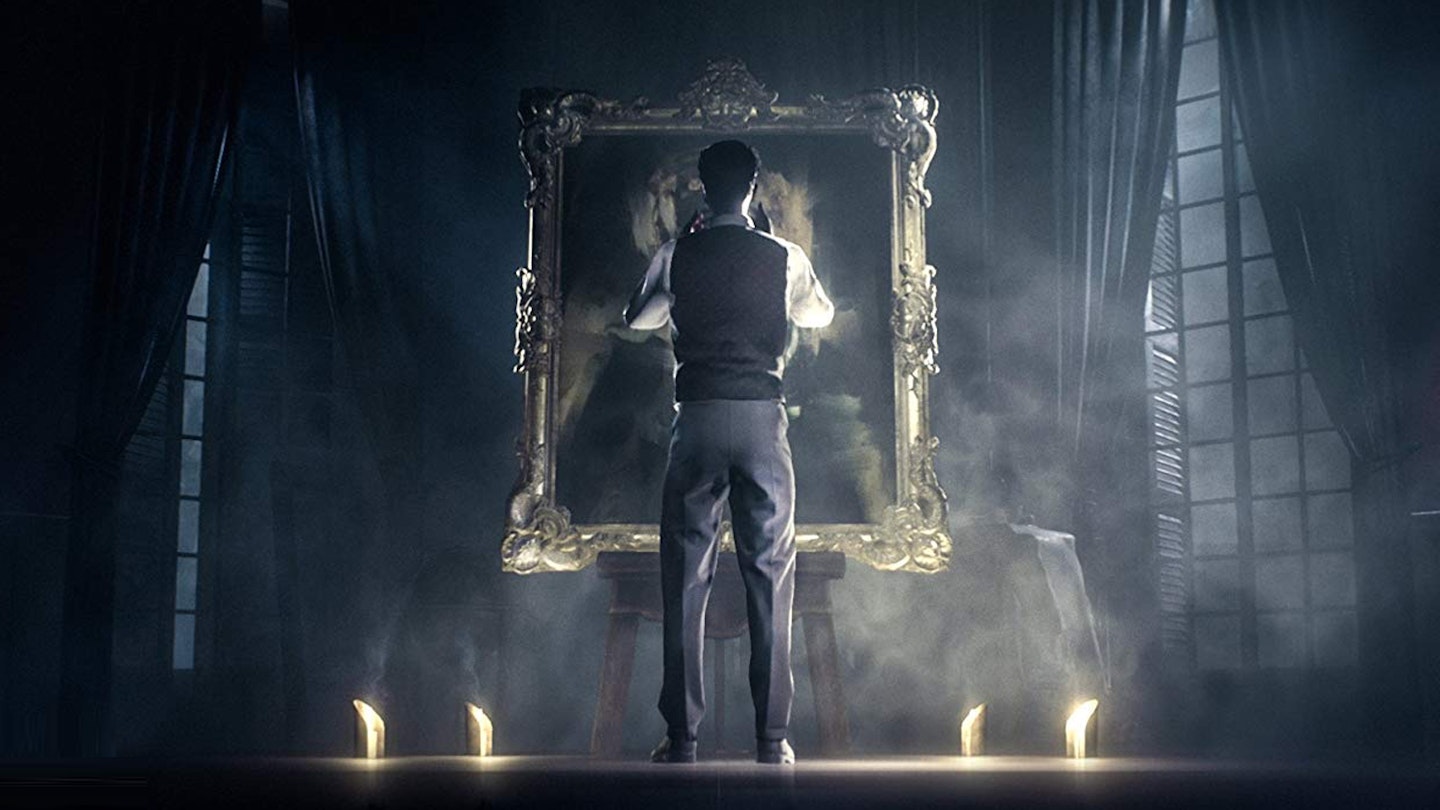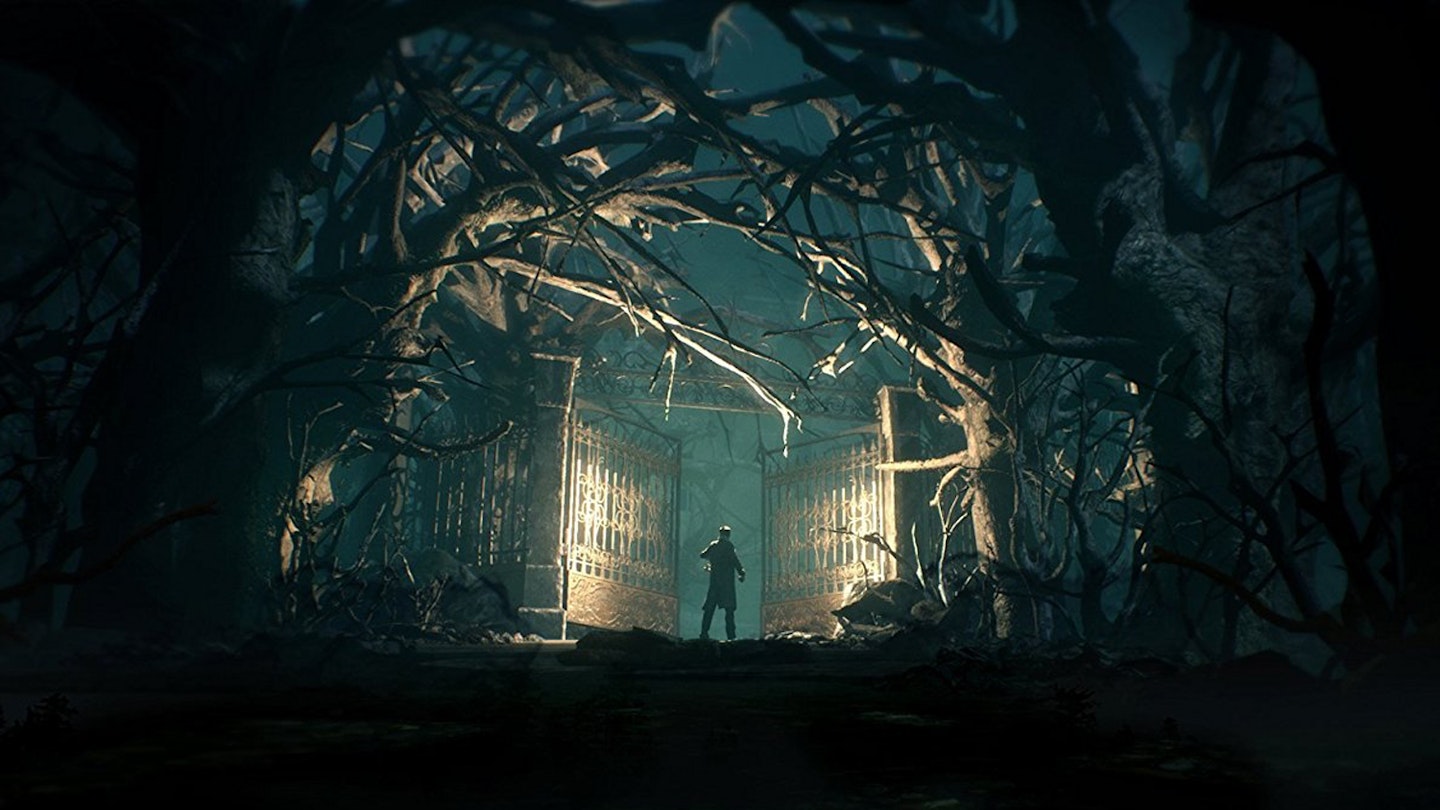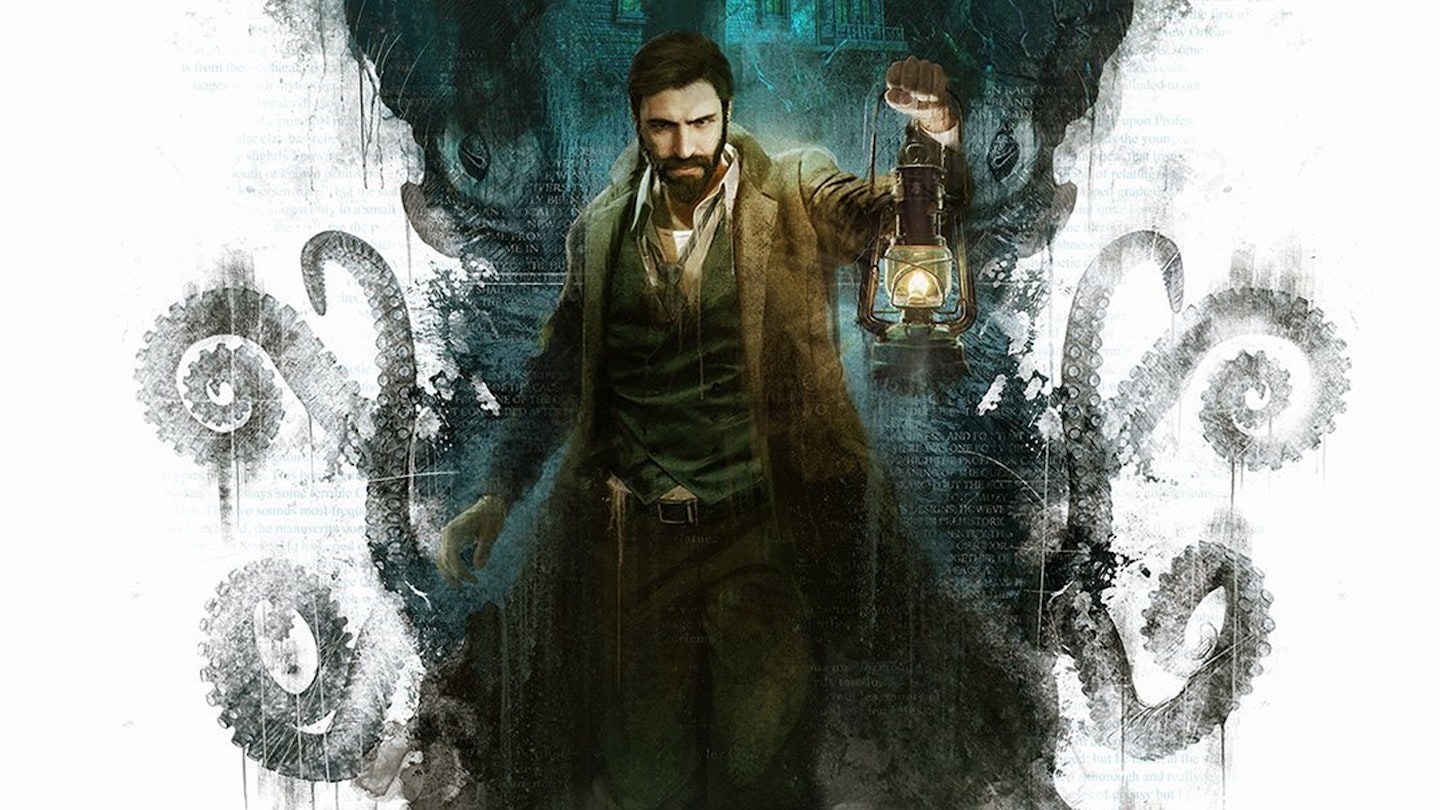Call of Cthulhu immediately earns points for shelving horror tropes in favor of focusing on the foreboding atmosphere and slow-burn scares of its source material. Inspired more by the pen-and-paper role-playing game of the same name than H.P. Lovecraft's seminal short story, it ambitiously – almost stubbornly – avoids the shock-value gore, jump scares, and virally-infected freaks that have come to define the genre in recent years.
As boozy private investigator protagonist Edward Pierce, players don’t walk through corpse-filled corridors or fill zombies with buckshot – but what the game forgoes in formulaic frights, it more than makes up for with a building sense of genuine dread, oozing atmosphere, and an unsettling tone that absolutely nails the Cthulhu mythos.

Much credit is due to the game's spot-on setting. Unfolding in 1924, on the fictional New England island of Darkwater, the game sees Pierce investigating the untimely, mysterious deaths of the Hawkins family. The decaying whaling town – wonderfully brought to dreary life by a host of eccentric inhabitants – and the Hawkins' secret-filled estate provide the perfect stage for Call of Cthulhu’s disturbing, deliberately-paced plot.
A surprisingly fresh take on the fright-filled genre.
It's not just eerie lighting, choking fog, and creepy shadows though – the game's immersive vibe is complemented by its investigation-focused gameplay. As players progress, they earn character points to be invested into various upgradeable cerebral skills, such as Psychology, Eloquence, and Investigation. It's extremely rewarding watching the results of your chosen progression path take shape by, say, unlocking an extra dialogue choice in a conversation or spotting environmental clues that would be otherwise obscured. The skill trees also encourage exploration, as the Occultism and Medicine abilities can only be increased by discovering specific items in the world. Toss in some cool crime-reconstructing elements and a sanity system you must monitor and manage – lest Pierce's impending madness gets the best of you – and Call of Cthulhu’s gameplay offers a surprisingly fresh take on the fright-filled genre.

It's not entirely without flaws. Its visuals – atmospheric lighting and shadows notwithstanding – look a bit dated, while its stealth sections can occasionally yield more frustration than fun. Still, if you're craving a horror game that doesn't so much spike your pulse, but consistently elevates it while unknowingly nudging you to the edge of your seat, Call of Cthulhu is well worth the descent into madness.
